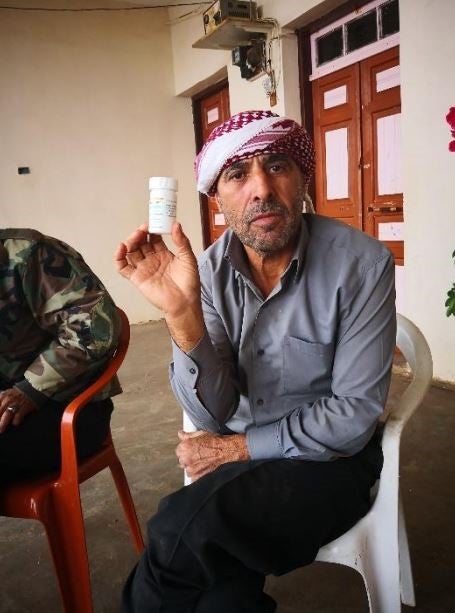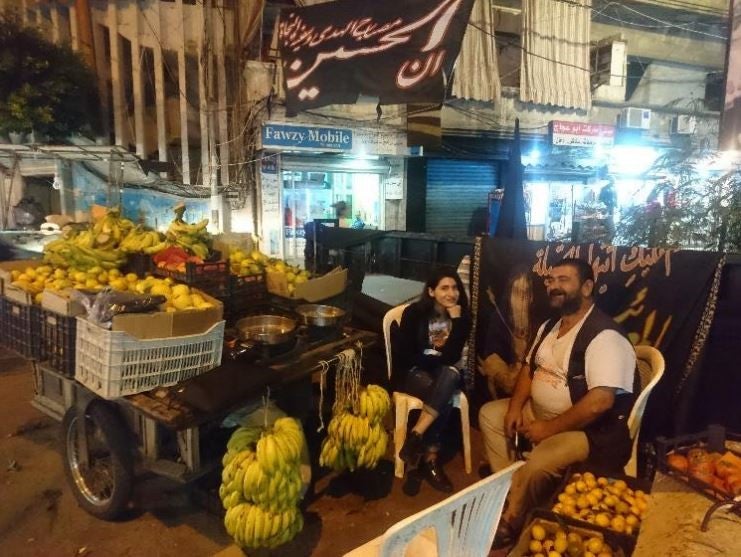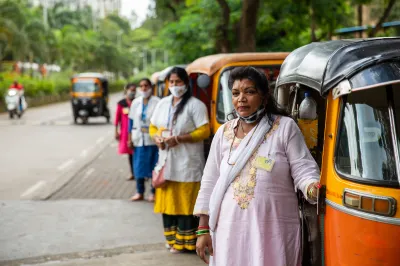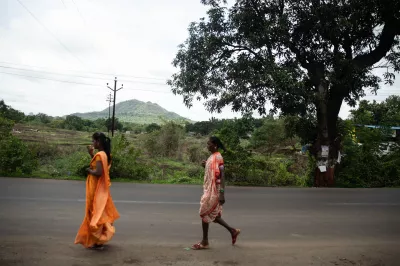Vulnerable Groups in Lebanon Cite Health as Top Financial Challenge
In Lebanon, sometimes it takes just a single health shock to undermine years of support for poor households seeking to improve their livelihoods.
That is a message that CGAP heard loud and clear from Lebanon’s inclusive finance sector last year during our Council of Governors meeting in Beirut. And it aligns with research from the World Bank Group and CGAP showing that health shocks are among the most challenging situations for poor people in the country, especially its more than 1.5 million refugees.

In 2019, the World Bank Group and CGAP commissioned a qualitative demand-side assessment of refugees and their host communities’ access to and usage of financial services in Lebanon, with a focus on financial behavior. Data was gathered through focus group discussions and 72 in-depth interviews with Lebanese men and women in host communities (segmented into low- and middle-income groups) and low-income Syrian refugees. The objective was to gain a deeper understanding of how these communities manage their economic and financial lives, mitigate risks, and access and use formal and informal services to become more self-resilient.
Findings confirm high levels of financial exclusion within low-income communities, among both refugees and host communities. These communities tend to rely on informal mechanisms to manage irregular cash-flows, such as converting cash to gold, borrowing from family and friends, and saving through informal groups. Most respondents believed they did not have adequate income to open a bank account, cited high costs as reasons they did not use loans or insurance products, and displayed an uneven understanding of how financial services could be used to meet their needs. Accommodation was the most pressing expense, especially among Syrian refugees who did not own homes. Very few households were able to save, especially among refugees, who typically use any extra cash to pay off debt.
The study also showed that of all economic shocks, health-related shocks are the most frequent and have the most negative impact on household well-being.
For low-income Lebanese households, even moderately severe health issues like a broken arm can become significant financial burdens because most people who work in the informal sector do not have health insurance coverage. The situation is even more severe for refugees, notably those with poor living conditions, despite reported access to UNHCR’s health coverage. (Medical fees and medication are very expensive and typically not covered under these plans.) As a result, an injury to a family member can lead to mounting debt and sometimes to the loss of productive income.
For example, one 40-year-old Lebanese man in Beqaa told us of his financial struggles after his wife suffered complications from a sinus surgery. “We had a medical examination by the doctor for $50. She needed four tablets of medicine that cost $160, and as I don’t have a car, transportation to the hospital cost $33. So, the total cost for that visit to the doctor was $243,” he said.
Another interviewee, a 33-year-old Syrian refugee in Beqaa, told us: “One thing I have noticed is that there is always a member of the family sick throughout the year. Now, I worry about my husband’s injury as he won’t be able to use his leg for the coming four months,” she said.

In the absence of formal financial services, borrowing money from family and friends was the most commonly cited solution to health shocks, followed by the sale of assets, including income-generating assets like sewing machines and agriculture tools. Knowledge of insurance products was limited, particularly among refugees who thought their status precluded them from obtaining insurance. Many reported wishing that an affordable insurance product was available to them.
As the forced displacement crisis is now compounded by the unfolding financial crisis in Lebanon, there is a more urgent need than ever before for make all residents more resilient to shocks, including health shocks.
For the past two decades, the inclusive finance community has focused on enabling low-income people to seize opportunities and mitigate economic shocks. Our research in Lebanon suggests this community has an important role to play in facilitating cooperation between government authorities and the private sector, when it comes to offering financial services to refugees and low-income households in host communities. Given regulatory, market and infrastructure barriers that prevent greater provision of formal financial services, donors can facilitate linkages between the public and private sectors. For example, financial service providers could partner with NGOs or the Ministry of Social Affairs to provide services to recipients of cash-transfer programs.
Vulnerable communities in Lebanon would benefit tremendously from access to financial services that could help them move away from negative coping mechanisms. An expansion of simple savings programs could help manage volatility in income swings, while loan availability could help with productive economic expansion. Organized savings groups can be an important way to increase savings behaviors, especially as refugees face more challenges in accessing formal financial services.
Given the high levels of health shocks experienced by refugees and low-income Lebanese households, insurance products will be key for the resilience of these groups. As there has not yet been a health insurance solution that can work for low-income individuals at scale, an initial first step could be targeted donor support in product design, including pricing and claims management and methods of delivery. The magnitude of health shocks in Lebanon points to a clear need for better solutions.




Comments
Thank you for this article…
Thank you for this article... published just before the Covid crisis. You wrote "Financial service providers could partner with NGOs or the Ministry of Social Affairs to provide services to recipients of cash-transfer programs.". Do you have any example to share that could be quickly replicated to help the industry face the Covid crisis and protect the micro borrowers?
Add new comment